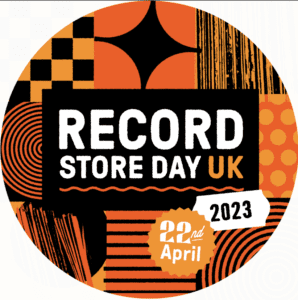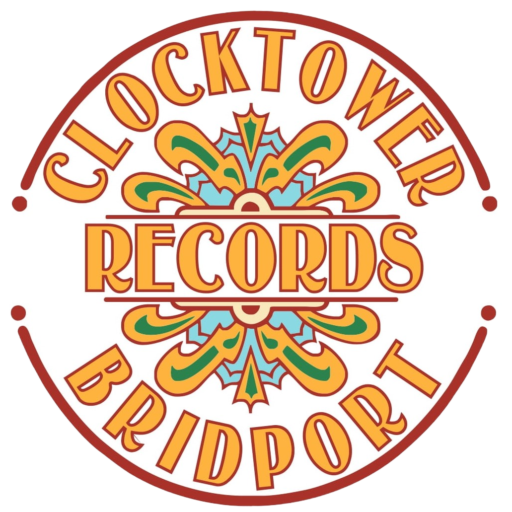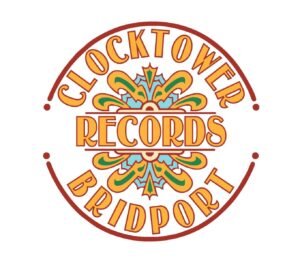Vinyl Records
Vinyl records have been around for over a century and have continued to be a popular music format for generations. Although technology has changed, the appeal of vinyl records has remained strong. In this article, we will explore why vinyl records are still popular, their history, and how to properly care for them.
The first commercially available vinyl long-playing record was actually launched by Columbia Records in 1948, not 1930 (different materials were used before this period). The new LP format replaced the earlier 78 RPM shellac discs, which were limited to a maximum of about 4-5 minutes per side. At first, the new format was mainly used for DJ copies as they shipped well and had superior broadcast sound. However, the flexible plastic discs did not prove popular with the general public. As shellac became harder to source during the war effort, record companies began to look for alternatives. In 1948, Columbia Records introduced the Polyvinyl chloride (PVC) LP, which had a quieter surface, stored more music, and was far less brittle than shellac discs. This new format allowed for a longer playing time, with up to 20-25 minutes per side, which meant that a full symphony or opera could be recorded on a single disc. The introduction of the LP was a major breakthrough in the history of recorded music, as it paved the way for the development of the modern music industry. Today, vinyl records are still enjoyed by music fans, with many artists releasing new albums on vinyl as well as digital formats.
History of Vinyl Records
Vinyl records were first introduced in the late 1800s, but the format as we know it didn’t become popular until the 1940s. Vinyl records were an improvement over the shellac records of the time because they were more durable and had better sound quality. In the 1950s and 1960s, vinyl records became the dominant format for music.
The popularity of vinyl records declined in the late 1980s with the introduction of CDs, but in recent years, vinyl has made a comeback. Many music enthusiasts prefer vinyl because of its warm sound quality and the physical experience of listening to a record.
According to the latest figures, vinyl record sales in the UK reached 4.8 million units in 2020, up from 4.3 million in 2019. This marks the highest number of vinyl sales since the early 1990s.
Why Vinyl Records are Still Popular
Vinyl records provide a unique listening experience that cannot be replicated with digital formats. Listening to vinyl is a physical experience that involves handling the record, setting up the turntable, and carefully placing the needle on the record. This ritualistic process can enhance the enjoyment of the music and create a deeper connection to the artist.
Another reason is the physicality of vinyl records. Unlike digital music, vinyl records are a tangible item that you can hold in your hands. They often come with beautiful artwork and packaging, making them a collector’s item.
Vinyl records also have a warmer sound quality than digital formats. This is because the analog sound waves are captured directly onto the record, whereas digital music is processed and compressed. Many people believe that vinyl records have a more authentic sound that captures the nuances of the music better than digital formats.
Another reason for the popularity of vinyl records is their collectability. Vinyl records are often released in limited editions or special colors, making them a desirable item for collectors. The physical artwork and packaging of vinyl records can also be a work of art, adding to their appeal.
Finally, vinyl records offer a nostalgic appeal. Many people who grew up in the 60s, 70s, and 80s have fond memories of buying vinyl records and listening to them on their turntables. The resurgence of vinyl has allowed them to relive those memories and share their love of vinyl with a new generation.
How to Care for Vinyl Records
Proper care is essential for maintaining the sound quality and longevity of vinyl records. Here are some tips for caring for your vinyl collection:
1. Handle records by the edges or the label, not the playing surface.
2. Store records vertically to prevent warping.
3. Keep records in a cool, dry place away from direct sunlight.
4. Clean records with a carbon fiber brush or a record cleaning machine.
5. Use a high-quality turntable and stylus to prevent damage to the record.
Clocktower Records have cleaning fluid for sale if you need it and will happily show you how to clean your records. Just ask in the shop
Conclusion
Vinyl records continue to be a beloved music format because of their unique sound quality, collectability, and physical experience. Whether you are a seasoned collector or new to the format, proper care is essential for maintaining the sound quality and longevity of your vinyl collection. By following the tips outlined in this article, you can ensure that your vinyl records will provide years of listening enjoyment.
Why not visit a local Record shop on Record Store day









